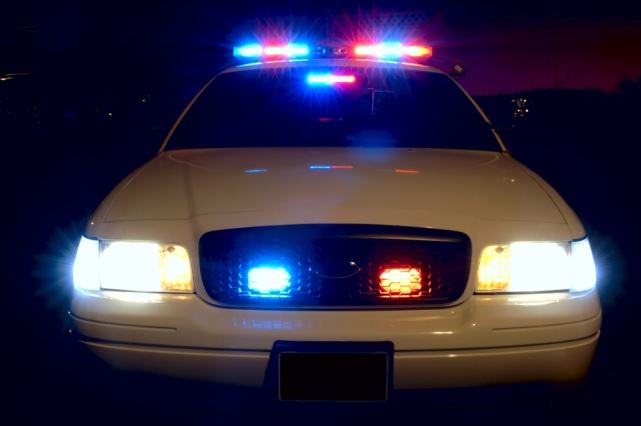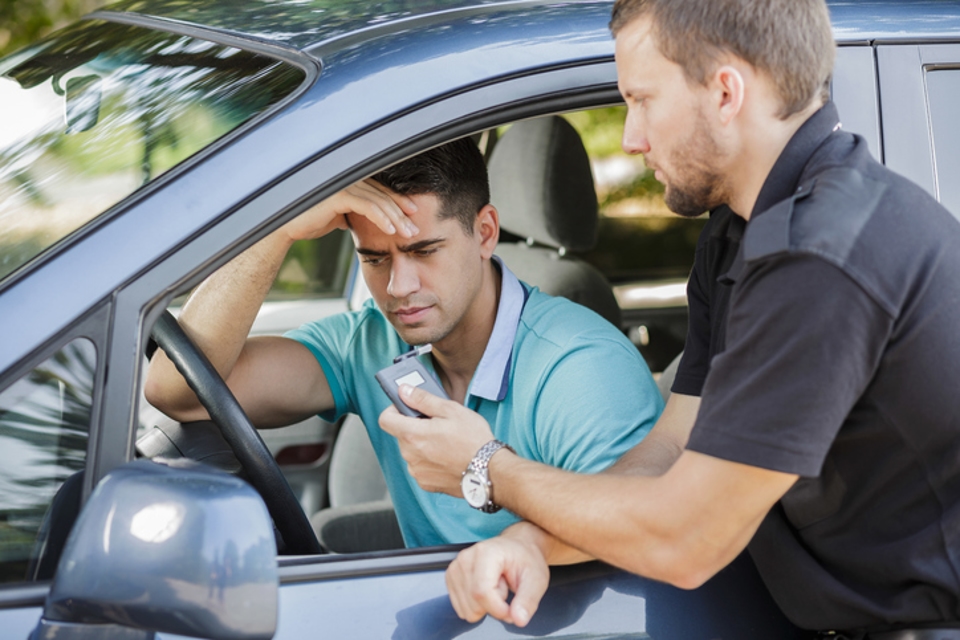DUI checkpoints are used to evaluate the sobriety of random drivers. Police may establish roadside checkpoints on any public road. At the checkpoint, officers may ask for your driver’s license and car registration, but they are more concerned about your level of intoxication.
The police may be looking for signs of impairment, including:
- The smell of alcohol
- Alcohol containers in the car
- Blood-shot eyes
- Clumsy motor skills
- Slurred speech
DUI Checkpoints & Your Fourth Amendment Rights
Roadblocks and DUI checkpoints are not legal in all fifty states. In 1990, the United States Supreme Court determined that check points were not a violation of citizens' rights – specifically the Fourth Amendment right against "unreasonable searches and seizure." When roadside checkpoints are performed with minimal intrusion, they are not considered a violation of your rights. However, the checkpoint must be minimally intrusive in order to be legal.
Guidelines for DUI Checkpoints in Georgia
Georgia state law requires law enforcement to follow specific guidelines while performing roadside sobriety checkpoints. Generally speaking, checkpoints must be part of an ongoing attempt to enforce drunk driving laws. Additionally, drivers must be warned that they are nearing a sobriety checkpoint. The checkpoint location should be chosen with the best interest of public safety in mind. For example, if a high number of DUI accidents have occurred in a specific area, law enforcement could set up a justifiable sobriety checkpoint.
If police presence is not obvious when approaching a DUI sobriety checkpoint, law enforcement may be in violation of state guidelines. Additionally, impairment detection techniques should be standardized and performed by qualified law enforcement officers.
To learn more about the DUI laws in Georgia, contact The Law Offices of Howard J. Weintraub today. Our Atlanta DUI attorneys can help you understand your rights as a motorist during a roadside sobriety checkpoint.





